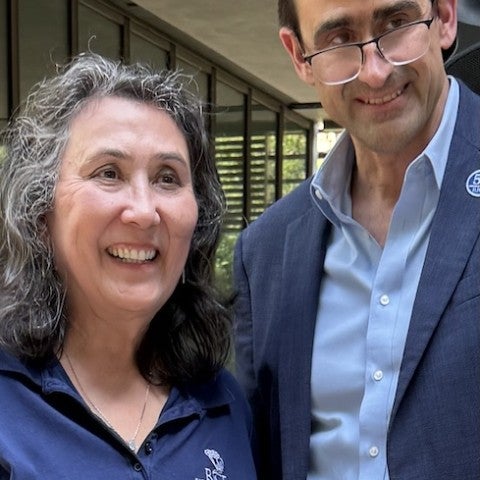
Earth, Environmental, and Planetary Sciences encompass a range of interrelated disciplines focused on understanding the origin of Earth and planetary systems, the processes that operate within them, and their evolution through time. We study the physics and chemistry of the solid Earth and its planetary neighbors, the causes and consequences of plate tectonics, and the origin and importance of the oceans and atmosphere. This knowledge is applied to understanding the causes and consequences of climate change, interactions between Earth processes and biosphere, preparing for natural hazards, locating, managing and utilizing Earth’s natural resources, and exploring our solar system and beyond. Faculty, students and researchers work all over the world, on all continents, in all of the oceans, and on four planets. All members of our community contribute to our department’s mission (click HERE for EEPS Access and Institutional Excellence statement) to pursue excellence in research, education and outreach in the fields of Earth, environmental, energy, and planetary sciences.

EEPS Ph.D. student, Adnan Dehghani, is a Consortium of Universities for the Advancement of Hydrologic Science, Inc. (CUAHSI) Fellow and a Texas Water...

2024-25 EEPS Award celebration and concert...

Jonathan Ajo-Franklin receives Reginald Fessenden Award for advancing the application of Distributed Acoustic Sensing in exploration geophysics....

Lee Willson receives Wiess School of Natural Sciences Ruth Parks Award...
